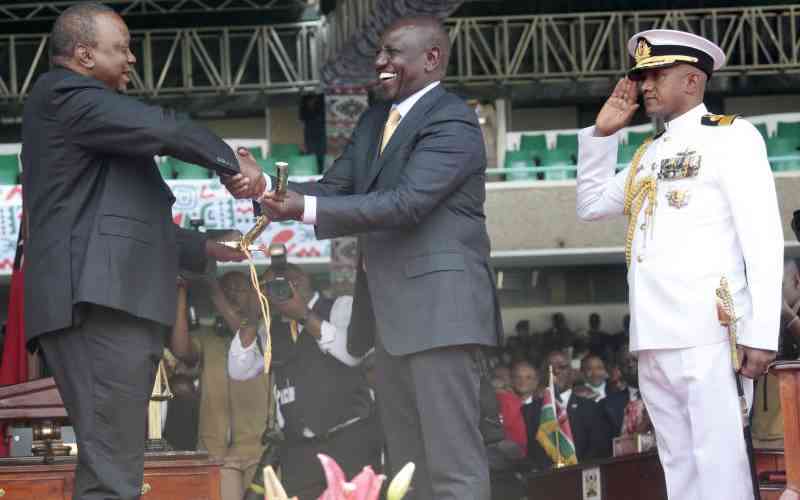×
The Standard e-Paper
Stay Informed, Even Offline

Events that preceded the announcement of William Ruto as president at the Bomas of Kenya during last year's elections may be revisited next year with the planned formation of a commission to investigate state capture, among other socio-economic ills.
Leaders who may have sanctioned extrajudicial killings, oversaw economic manipulation or abused their authority leading to the suffering of Kenyans may also be exposed, The Sunday Standard has established.